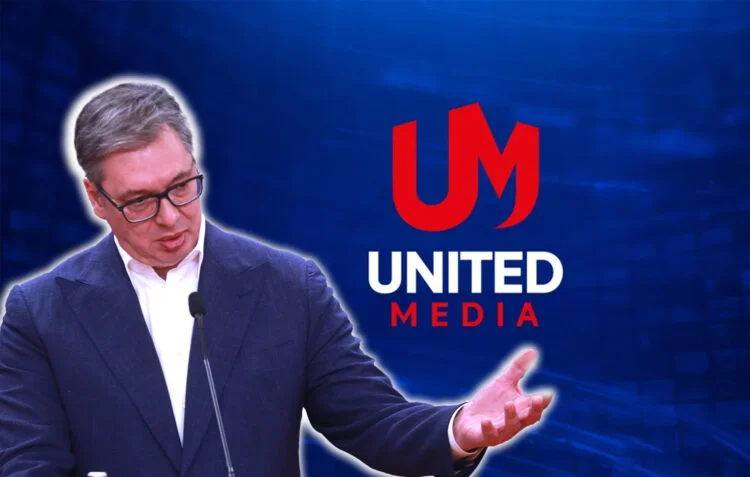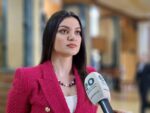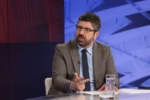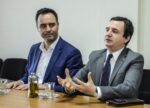President Aleksandar Vučić is facing mounting criticism for what experts describe as a systematic campaign to silence independent media in Serbia, ahead of elections that have been repeatedly delayed. Analysts argue that the attacks on free press are part of a broader effort to control public perception and consolidate power.
According to journalists and media watchdogs, independent outlets such as N1, Nova S, Danas, and Radar are under continuous political pressure. The goal is clear: weaken critical reporting and ensure that the public receives only government-approved narratives.
“Independent media have become a threat to the regime’s monopoly on information. Vučić’s strategy is to suppress any voices that challenge his propaganda,” said Željko Bodrožić, President of the Independent Journalists’ Association of Serbia (NUNS).
Coordinated Attacks on Media
The ruling Serbian Progressive Party (SNS) has reportedly orchestrated a series of attacks targeting media outlets operating under United Media, including public denunciations by officials such as Minister of Information and Telecommunications Boris Bratina. Bratina’s recent statements labeling journalists as “guilty” of decades-long reporting illustrate the extent of political intimidation.
A leaked conversation between United Group CEO Sten Miler and Telekom Serbia Director Vladimir Lučić further revealed plans to deliberately weaken media companies by targeting key executives, including Aleksandra Subotić, under whose management N1, Nova S, Danas, and Radar operate.
“I need to make this company very small in Serbia,” Miler reportedly stated, signaling deliberate efforts to diminish independent journalism.
Media Freedom Under Siege
Observers warn that Vučić’s campaign against free media is not just a domestic concern, but also undermines Serbia’s international credibility. Slobodan Georgiev, news director at Nova S, described Vučić’s approach as a “double game”, attempting to neutralize independent reporting without provoking international backlash.
“If he fully silenced independent media, it would backfire politically, but the ongoing harassment alone already damages democracy in Serbia,” Georgiev said.
Željko Bodrožić added that the attacks are a strategic move to prevent voters from accessing accurate information, thereby skewing public opinion in favor of the ruling party.
Elections Delayed Amid Media Crackdown
Serbia’s election timeline remains uncertain, with no official date set. Analysts assert that the deliberate weakening of independent media is closely linked to Vučić’s desire to avoid potential electoral losses.
“The longer he delays elections, the more control he gains over the information environment. This is an existential threat to media freedom and democracy in Serbia,” Bodrožić said.
Media Buyout as a Safeguard
In response to mounting pressure, Nova.rs and Nova newspapers, along with N1 and TV Nova, have proposed a management buyout of United Media. This initiative aims to preserve editorial independence and protect critical journalism from political interference.
“We are taking this step to ensure that independent media survive and continue providing accurate information to the Serbian public,” the initiative stated.
International Implications
Experts warn that Vučić’s attempts to control the media jeopardize Serbia’s democratic credibility in the eyes of the European Union and other international partners. Analysts highlight that free press is a cornerstone of democratic legitimacy, and undermining it poses long-term risks to Serbia’s political stability and international standing.







